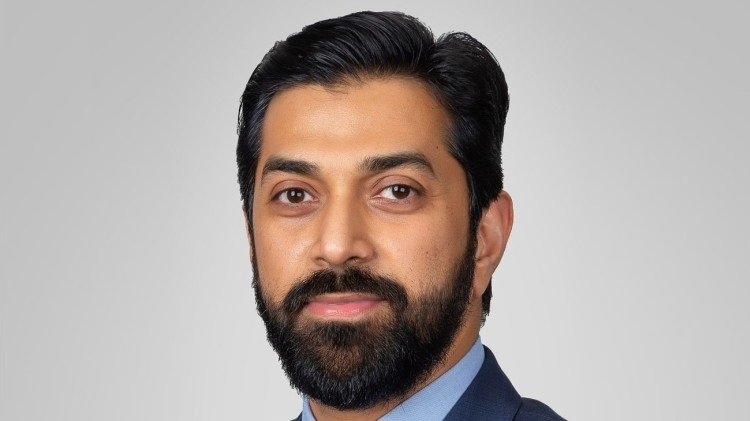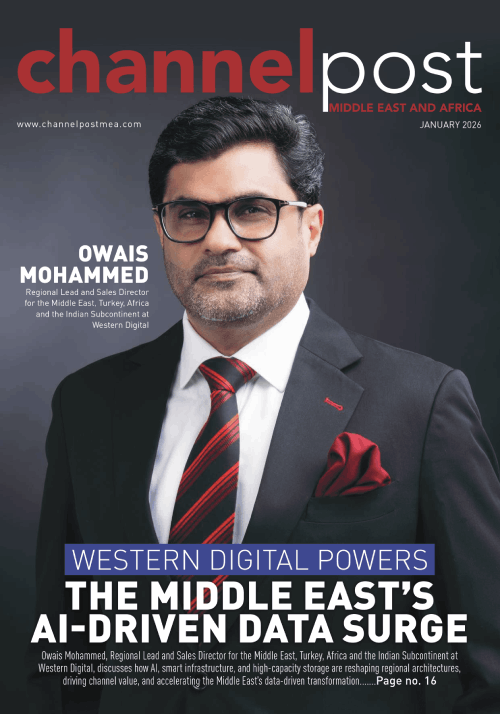Mansoor Khan, Sales Director, Infor Hospitality, IMEA, lists the benefits of cloud systems for hospital businesses.

As continual development of cloud Property Management Systems (PMS) introduce new features and benefits to the hospitality industry, it’s sometimes easy to forget that hospitality software solutions are just a means to an end. The object should be less on the technology itself and always be about measurable business goals, competitive advantages, and about how to continually enhance your business to better serve guests and build your brand.
With that in mind, what specific areas of your business can cloud PMS systems affect for the better? How can cloud technology enhance your intelligence, create operational efficiency, and create better experiences for guests and staff? How can it help you encourage continued success as the industry evolves? In no specific order, here’s a selected list of 5 for you to consider.
1. Customer management – aligned across all locations
Precise and detailed customer management enables you to know your guests and serve them based on their needs. Personalization is essential to the process of creating loyalty that translates into long-term revenue. Intelligence around this aspect of your business accessible company-wide in the cloud allows your organization to create a solid basis for personalization across your brand in whichever location they happen to be.
Advanced cloud hospitality management systems with integrated CRM help you appeal to guest preferences, and generally meet them where they are at any point in their journey. In the cloud, PMS systems profile management enables consistent service to each guest across the brand. The lasting value you can generate from there is significant to where you’ll be able to take your brand in the future.
2. Guest services – web-based for more flexible services
Cloud PMS systems and other hospitality software solutions allow user interfaces to be accessible via the web, and on any device with a connection to the internet. This means tablets and mobile devices can allow the hotel operator to be mobile and not be tethered to a workstation PC. That enables greater interactivity with guests, staff, and with the locations themselves.
Easy accessibility across multiple devices enhances how flexible and fluid hotel services can be. This includes poolside services and other outdoor locations as well as hotel amenities. It means housekeeping that is managed on mobile devices so that staff can manage tasks on the go as well as interact with other departments in real time. That drives greater efficiency and a better guest experience. It lends staff more visibility and confidence resulting in fewer instances of missed steps and oversights.
3. Asset management – lower maintenance and overhead
In the cloud, hospitality system operations are more straightforward and less expensive in the long run. A big part of that is about server hardware and the expenses around making sure that servers have supportive and secure environments.
Through SaaS subscription models, the hardware and asset maintenance aspect of hotel PMS systems and other essential hospitality software solutions is not your organization’s burden. Your provider takes care of that. This means lower operating costs at the location level, a better use of square footage, and less to keep track of when it comes to asset management.
4. Communications and reporting – greater capacity for strategy and collaboration
The theme of real-time data and web-based interfaces is beginning to emerge by now as a key advantage of a cloud PMS system. Just as a housekeeping team can keep track of cleaning schedules while on the move using a mobile device, the same is true for regional operations management, financials teams, and other strategic segments of your business.
In the cloud, your company can pull data from all locations in aggregate across a whole brand in a common environment. When you can do that, you have a clearer picture of what’s happening much faster. From there, you’ll have an easier time in becoming aligned on strategy, too.
5. Support – Greater security and timely updates
In the same way that a cloud hospitality system alleviates a lot of the burden and cost when it comes to assets and hardware, it also has a positive impact on how updates are implemented. This means always having access to the latest version of the software accessible in all locations with all the advantages that implies as soon as it becomes available.
It also means being supported as a whole organization with centralized security measures that are handled above location. Consistent compliance, vigilant monitoring, and current protocols are managed by Infor on cutting edge secure technology platform such as AWS (Amazon Web Services). These are all key factors in keeping company data protected, and brand reputations more secure.
Freedom to build your business
The cloud represents a certain kind of liberation for hospitality businesses, enabling ease of use, flexibility, scalability, and growth across the globe. It means centralized intelligence, less overhead cost per location, and less energy spent on maintenance. It means more flexible services, better communications, and faster action to put strategies in motion.
Cloud solutions also mean that locations are free to spend more time seeing to the needs of guests and less on the demands of on-site systems. That focus on guests is the basis of your whole business – defining what a great stay really means and being able to provide that experience more consistently.












